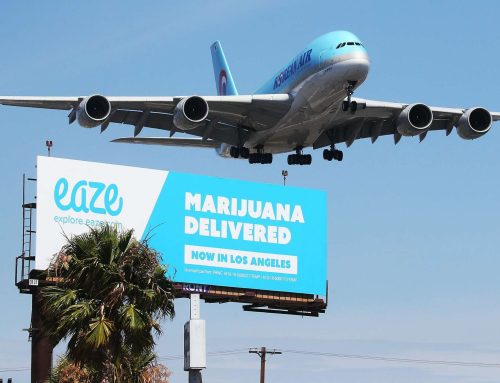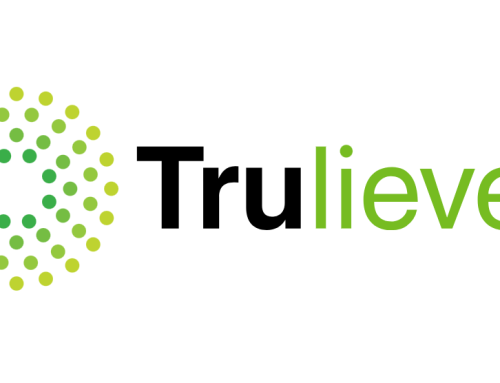Pharmaceutical Industry Faces Record-High Settlements Over a Decade, Report Shows
NEW YORK — A recent report has brought to light staggering numbers concerning financial settlements and penalties within the pharmaceutical sector. Published on Oct. 17 by ConsumerShield, the report reveals that over the past decade, pharmaceutical companies have been slapped with fines and penalties totaling a whopping $82.8 billion.
Titled “The Pharmaceutical Industry: Balancing Profits, Penalties, and Public Safety,” the study provides insights into a myriad of violations. A significant portion of these infractions involves synthetic opioids, which are known for their addictive properties and potential lethal outcomes when misused.
The report detailed that from 2010 onwards, over 500 recorded instances resulted in these penalties. These incidents stem from various concerns, including unapproved medical product promotions, drug and medical device safety non-compliance, violations of the False Claims Act, among other issues.
Johnson & Johnson, a prominent name in the industry, has reportedly accumulated over 45 violation records within the study’s timeframe, incurring penalties totaling $24.5 billion. This figure includes $18 billion in penalties from opioid and talc-related cases in just the last five years. Other significant contributors to the penalty pot include Teva Pharmaceuticals ($8.5 billion), AbbVie ($7.1 billion), GSK plc ($5.6 billion), and Pfizer ($3.2 billion).
One of the most notable settlements occurred with Purdue Pharma, which was ordered to pay $8.3 billion. This decision came after the Department of Justice concluded its investigations into the manufacturer and several shareholders from the Sackler family. The charges stemmed from the continued marketing of opioid products despite clear indicators of misuse and misrepresentation to the Drug Enforcement Administration.
The Centers for Disease Control and Prevention (CDC) has underscored the severity of the opioid crisis, noting that in 2021, synthetic opioids were implicated in nearly 88% of opioid-involved deaths. Furthermore, opioids accounted for a staggering 75.4% of all drug overdose deaths in the same year.
Addressing this national concern, Deputy Attorney General Jeffrey A. Rosen commented, “The abuse and diversion of prescription opioids has led to a tragic sequence of addiction and fatalities. The substantial federal settlement emphasizes our relentless pursuit to address the opioid crisis.”
Beyond opioids, the report also highlights concerns regarding talc-based products, particularly from Johnson & Johnson, which consumers claim led to cancer diagnoses after consistent use.
ConsumerShield’s report commences with a pressing note of caution, emphasizing the necessity for a balanced approach between industry profits and the overarching requirement of consumer safety, ethical standards, and dedicated research.
Jane Doe, a Senior Analyst at ConsumerShield, expressed her concerns to London Loves Business, saying, “The apparent disparity between companies’ research and development (R&D) investments and their expansive marketing budgets is deeply concerning.”
The False Claims Act, which serves as the U.S. government’s main weapon against fraud, has been instrumental in addressing and penalizing off-label marketing practices.
The revelations in the report underscore the challenges the pharmaceutical sector faces, especially in ensuring the welfare of those genuinely in need of pain management solutions while curtailing misuse and unethical practices.


































